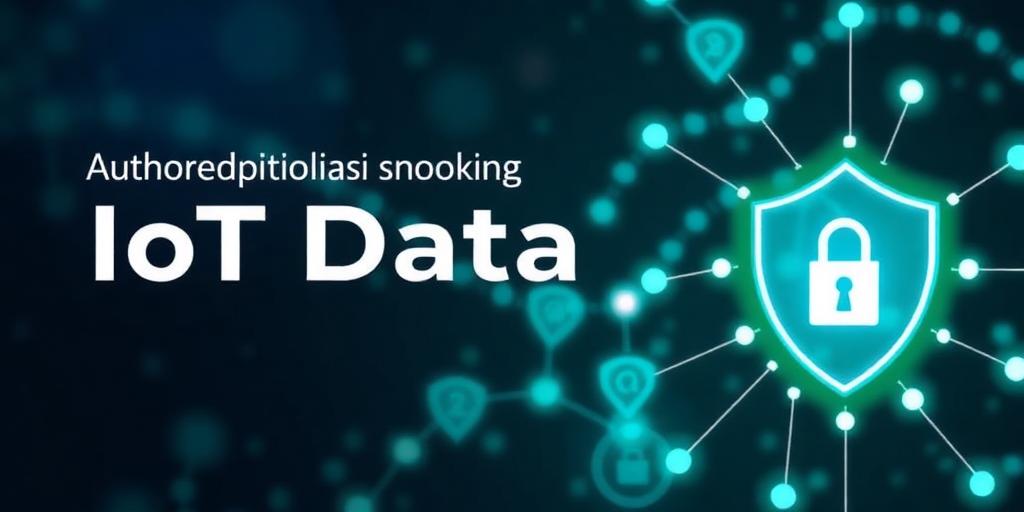The Ethics of Data Collection in the Age of IoT
The Internet of Things (IoT) has rapidly transformed our world, seamlessly integrating digital intelligence into everyday objects. From smart homes to connected vehicles and industrial sensors, IoT devices generate an unprecedented volume of data. While this data promises revolutionary advancements in efficiency, convenience, and insight, it simultaneously introduces a complex ethical landscape. The pervasive nature of IoT data collection necessitates a deep examination of its ethical implications, challenging us to balance innovation with fundamental rights.
The Dual Nature of IoT Data
IoT data collection is a double-edged sword. On one side, it fuels progress: optimizing energy consumption, improving healthcare diagnostics, enhancing smart city infrastructure, and streamlining industrial operations. Predictive maintenance, personalized health insights, and responsive urban planning are just a few examples of its immense potential. On the other side, the sheer scale and granularity of data collection raise significant concerns about individual privacy, security, and potential misuse.
Consent and Transparency: The Bedrock of Ethical Data Use
A cornerstone of ethical data collection is informed consent. In the IoT realm, this becomes particularly challenging. Devices often collect data continuously and passively, sometimes without explicit, clear notification to the user. The imperative is for companies to provide transparent, easily understandable explanations of what data is collected, why it is collected, and how it will be used. Users must be afforded genuine control over their data, with accessible mechanisms to grant, revoke, or modify consent. This extends beyond initial setup to ongoing interactions with IoT ecosystems.
Data Security and Privacy: Mitigating Risks
The vast networks of IoT devices represent potential vulnerabilities. Every connected sensor or appliance is a potential entry point for malicious actors, threatening not only data breaches but also physical security. Robust data encryption, secure authentication protocols, and regular security audits are non-negotiable. Beyond protection from external threats, privacy by design principles must be embedded into IoT development from its inception. This ensures that personal information is minimized, anonymized where possible, and protected throughout its lifecycle. Addressing IoT data privacy concerns is paramount for maintaining public trust.
Bias and Discrimination: Unintended Consequences
The algorithms that process IoT data can inadvertently perpetuate or amplify existing societal biases if not carefully designed and monitored. For instance, data collected from smart city sensors used for policing might disproportionately affect certain demographics. Or, health data used in AI diagnostics could lead to inequitable treatment outcomes if the training data is not representative. Addressing ethical AI and IoT requires rigorous testing for bias, transparency in algorithmic decision-making, and mechanisms for accountability.
Data Ownership and Control: Empowering the Individual
Who truly owns the data generated by an individual’s smart refrigerator, fitness tracker, or vehicle? This question remains largely unanswered in many legal frameworks. Shifting towards a model that empowers consumer data rights in IoT is crucial. Individuals should have the right to access their data, rectify inaccuracies, erase it, and even port it to other services. This fosters a sense of digital self-determination and promotes a more equitable data economy.
Navigating the Regulatory Landscape
Governments and regulatory bodies worldwide are grappling with how to effectively govern IoT data. Regulations like the GDPR in Europe and the CCPA in California offer foundational principles, emphasizing consent, data minimization, and individual rights. However, the unique challenges of IoT – its cross-border nature, the sheer volume of data, and the convergence of physical and digital worlds – demand tailored regulatory frameworks. These frameworks must be agile enough to keep pace with technological advancements while providing clear guidelines for secure IoT data practices.
Towards a Responsible IoT Future
The ethical collection and use of data in the age of IoT are not merely legal obligations but moral imperatives for sustainable innovation. Companies must adopt proactive ethical frameworks, prioritizing user trust and well-being over unbridled data acquisition. This involves investing in robust security, transparent policies, and user-centric data controls. As consumers, we too have a role to play: understanding privacy policies, exercising our data rights, and demanding greater accountability from device manufacturers and service providers. By collectively committing to ethical principles, we can harness the transformative power of IoT while safeguarding fundamental human values.




